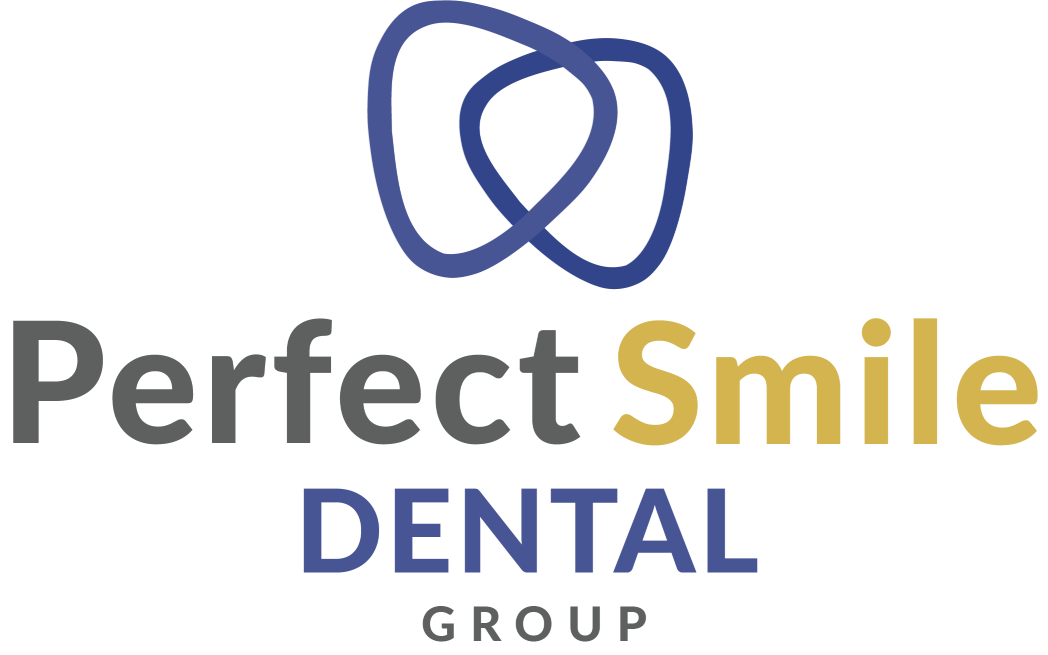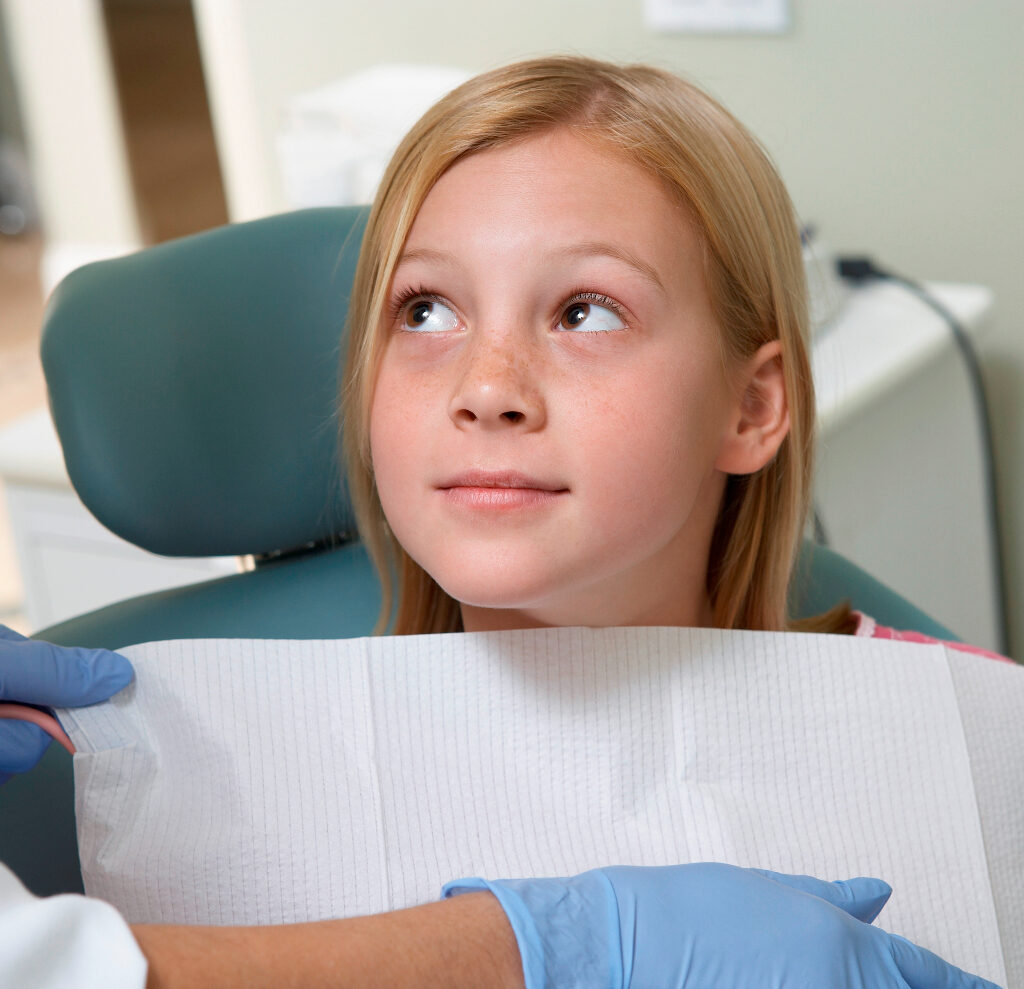The desire for a beautiful smile is not exclusive to adults. Many parents seek cosmetic dental treatments for their children to boost their self-esteem and overall confidence. However, a common concern for parents is pediatric cosmetic dentist safe? Let's delve into the world of pediatric cosmetic dentistry and address this question.Maintaining good oral health from …
Key Takeaways:
- Pediatric cosmetic dentistry is safe when performed by a skilled dentist using minimally invasive procedures tailored for children’s developing teeth.
- Children’s teeth and jaws are still growing, requiring cautious, age-appropriate treatments that differ significantly from adult cosmetic procedures.
- The most common pediatric cosmetic procedures include fluoride treatments, sealants, tooth-colored fillings, space maintainers, and gentle whitening options for older kids.
- Neglecting children’s oral health can lead to serious infections, systemic health issues, pain, and developmental problems.
The desire for a beautiful smile is not exclusive to adults. Many parents seek cosmetic dental treatments for their children to boost their self-esteem and overall confidence.
However, a common concern for parents is whether pediatric cosmetic dentistry is safe. Let’s delve into the world of pediatric cosmetic dentistry and address this question.
The Role of Pediatric Cosmetic Dentistry
Maintaining good oral health from a young age is vital not only for a child’s overall well-being but also for their confidence and social development. A beautiful smile can boost a child’s self-esteem, and cosmetic dentistry for children can play a key role in achieving that.
While pediatric dentistry focuses on keeping a child’s teeth healthy and free from issues like tooth decay, cosmetic dental procedures are also available to enhance the appearance of a child’s teeth.
Is Pediatric Cosmetic Dentistry Safe?
Yes, pediatric cosmetic dentistry is safe when performed by a skilled pediatric dentist. At Perfect Smile Dental Group, we prioritize your child’s health and safety in every procedure we offer.
Our safe cosmetic dentistry for children involves treatments that are specifically designed for young, developing teeth. These procedures are minimally invasive, ensuring that the integrity of the child’s teeth is maintained while improving their appearance.
We understand that parents may have concerns about the safety of cosmetic dental procedures for their children. That’s why at Perfect Smile Dental Group, we take extra steps to make sure each treatment is appropriate for your child’s age, dental condition, and overall oral health.
Cosmetic Procedures for Baby Teeth vs. Permanent Teeth
When it comes to cosmetic dentistry for children, it’s crucial to differentiate between treatments for baby teeth and permanent teeth. Baby teeth, also known as primary teeth, are eventually replaced by permanent teeth, so cosmetic procedures on baby teeth are typically more conservative.
As children grow and their permanent teeth erupt, more comprehensive cosmetic dental treatments may be appropriate.
Teeth whitening, for example, is generally reserved for older children and teens with permanent teeth. This is because the enamel on baby teeth is different from that on permanent teeth, and whitening treatments are more effective and safer on fully developed teeth.
Differences Between Children and Adults in Cosmetic Dentistry
Cosmetic dentistry for children differs from adult treatments in several fundamental ways. Let’s review them.
Growing Jaw Considerations
First and foremost, a child’s teeth and jaws are still developing, which means that specific procedures must be approached with extra caution.
For instance, while dental implants are a typical solution for missing teeth in adults, they are not typically recommended for children because their jawbones are still growing.
Instead, pediatric cosmetic dentists may use temporary solutions that preserve the space for future dental implants once the child’s development is complete.
Preventative Treatment Focus
The approach to treatment is also more focused on preventing long-term issues, as early intervention in cosmetic dentistry can help guide the proper development of permanent teeth and prevent the need for more extensive treatments in the future.

Common Pediatric Cosmetic Dentistry Procedures
Pediatric cosmetic dentistry includes several procedures that can help improve the appearance and function of your child’s teeth. Common cosmetic treatments include:
- Fluoride treatments: Topical fluoride applications strengthen tooth enamel and help prevent cavities, a crucial aspect of overall oral health.
- Sealants: Dental sealants are thin plastic coatings that are applied to the chewing surfaces of teeth to prevent cavities.
- Tooth-colored fillings: Dental fillings help repair decayed teeth while maintaining a natural appearance.
- Space maintainers: These orthodontic appliances prevent teeth from shifting out of position after a tooth is lost prematurely.
- Whitening: While not as common as in adults, some pediatric dentists offer gentle whitening treatments for older children with severe stains.
The Impact of Poor Oral Health on Overall Health in Kids
Poor oral health in children can have serious consequences that go beyond their teeth. Let’s look at some of these complications.
Systemic Health Effects
Untreated tooth decay in kids can lead to infections that may spread to other parts of the body.
Bacteria from the mouth can enter the bloodstream and contribute to conditions such as heart disease, respiratory issues, and complications in other areas, such as the brain.
Pain and Discomfort
Children with poor oral health may experience pain and discomfort, which can affect their ability to eat, sleep, and concentrate in school.
Maintaining good oral health through regular dental check-ups and proper hygiene is essential for preventing these issues and ensuring that your child grows up healthy and happy.
Teeth whitening is generally recommended for older children and teens with permanent teeth, as the procedure is more effective on fully developed enamel.
Yes, orthodontic treatments such as braces or clear aligners can correct crooked teeth and create a straighter, more attractive smile.
Schedule a dental exam with a pediatric dentist to assess your child’s teeth and discuss any concerns you may have about their appearance or oral health.
Boost Your Child’s Confidence With Pediatric Cosmetic Dentistry
At Perfect Smile Dental Group, we know how important a healthy, beautiful smile is for your child’s confidence and well-being. Our skilled pediatric dentists offer a range of cosmetic dental services tailored to children’s unique needs.
If you’re interested in learning more about cosmetic dentistry for your child, or if you’re concerned about their oral health, don’t hesitate to schedule an appointment with us.



